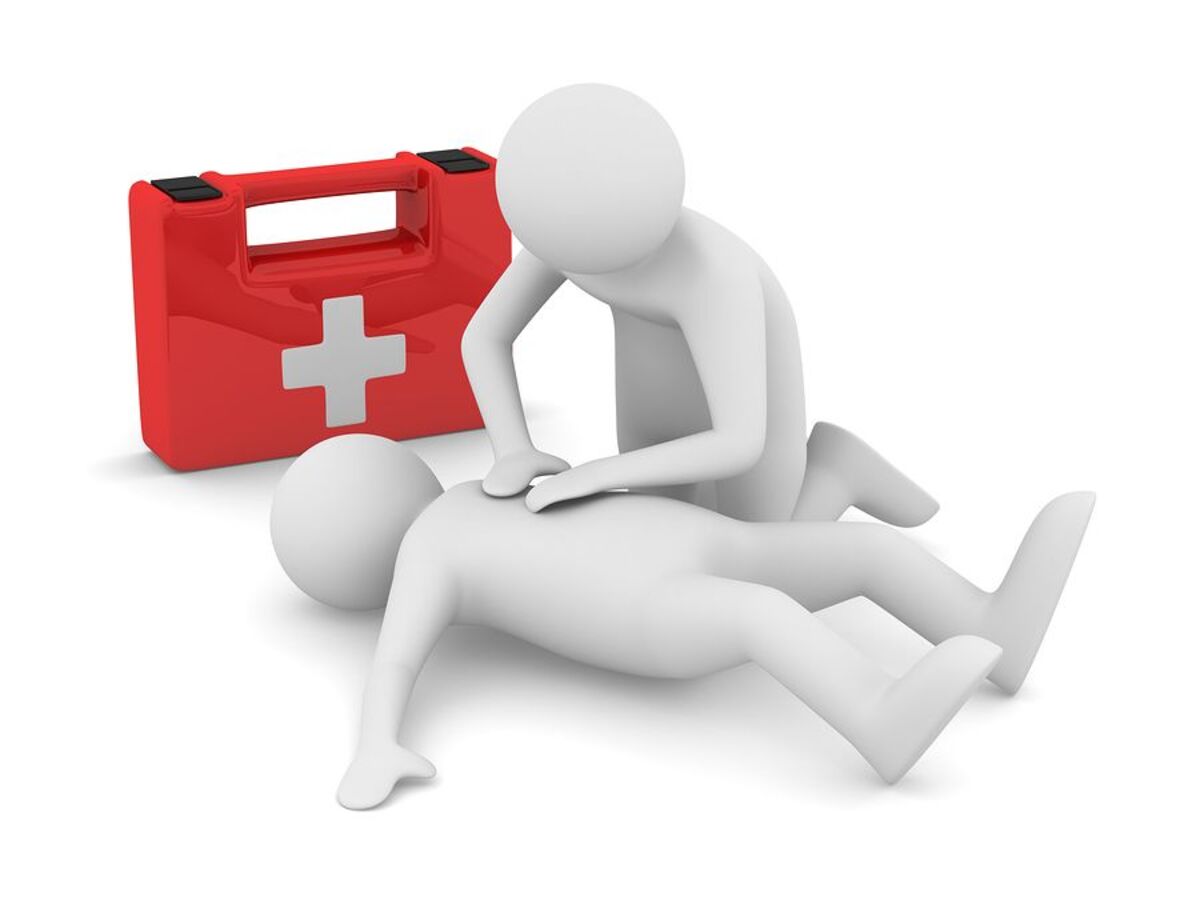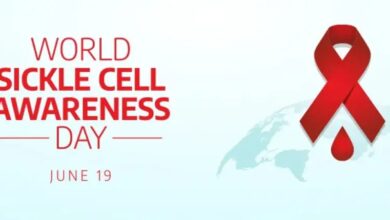Safe & Sound: A Note on STDs

An STD or STI (sexually transmitted disease/infection) is an infection that is caused by bacteria, viruses or parasites transmitted during sexual activity via blood, semen, or vaginal fluids. Several of these infections double as transfusion transmittable infections or mother to child transmittable infections e.g HIV. Some of these pathogens also spread via sharp objects like needles, blades, clippers shared between an infected and uninfected person.
Over a million STDs are acquired daily worldwide, with the majority being asymptomatic. Due to this, the spread is rampant as several times, either the giver or recipient is entirely unaware of their exposure until complications set in.
For overt infections, some symptoms likely to pop up include:
- Sores or bumps on the genitals or in the oral or rectal area
- Painful urination
- Blood in urine
- Discharge from the external genitals
- Sore, swollen lymph nodes particularly in the groin and other areas
- Pain during intercourse
- Lower abdominal pain
- Fever amongst others
These symptoms may appear a few days or up to years after exposure, depending on the type of infection.
There are over twenty known STDs, examples of which include:
- HIV/AIDS (Human Immunodeficiency Virus/ Acquired Immune Deficiency Syndrome)
- Gonorrhoea caused by Neisseria gonorrhoea
- Syphilis caused by Treponema pallidum
- Herpes genitalia caused by the herpes virus
- Lymphogranuloma venereum caused by Chlamydia trachomatis
- Granuloma inguinale caused by Klebsiella granulomatis
- Bacterial vaginosis, which is as a result of an imbalance between “good” and “harmful” bacteria in the vagina.
The most reliable way to avoid infection is abstinence from anal, vaginal, or oral sex. The correct usage of latex condoms also greatly reduces (but does not eliminate) the risk of catching or spreading STDs (if one or one’s partner is allergic to latex, an alternative is polyurethane condoms). Staying faithful to a single sexual partner likewise minimizes the risk of exposure.
There are currently vaccines to prevent HPV and hepatitis B infection. Antibiotics can treat STDs caused by bacteria or parasites, however, there is no cure yet known for STDs caused by viruses. The treatment for viral infections is thus streamlined towards lowering one’s risk of spreading the infection and alleviating symptoms e.g. Antiretroviral (ARV) drugs to help reduce the spread of HIV.
If you suspect you may have contracted an STI, the first step is to notify your doctor for treatment and counselling. You also have a duty to notify your sexual partner(s). It is likewise important to join in the campaign for awareness by educating others against risky sexual practices and promoting safer sex practices. By breaking down societal stigmas, engaging in open conversations, and promoting comprehensive education, we can hence build a healthier and more informed community for all.
Goodness Abisoye

